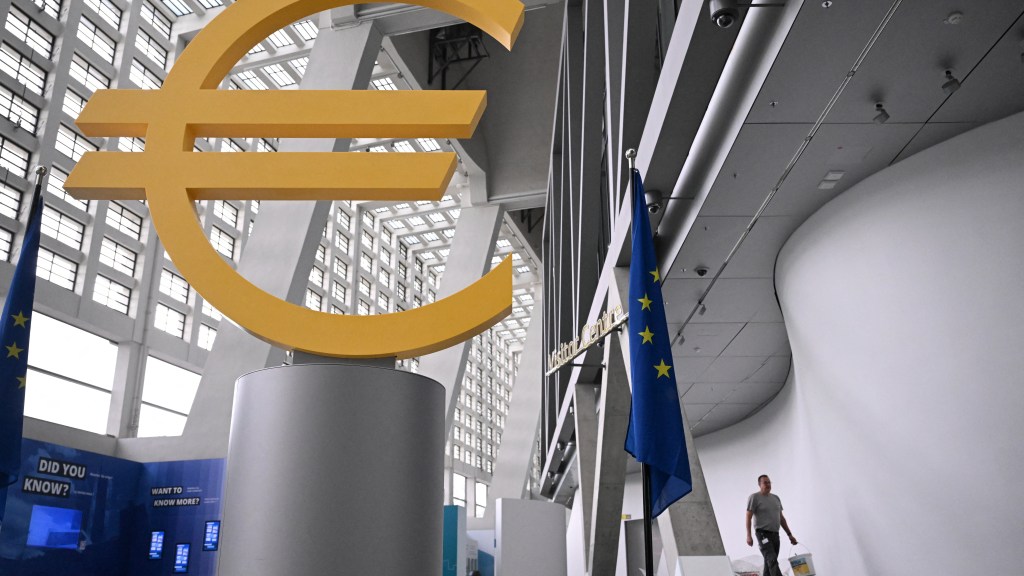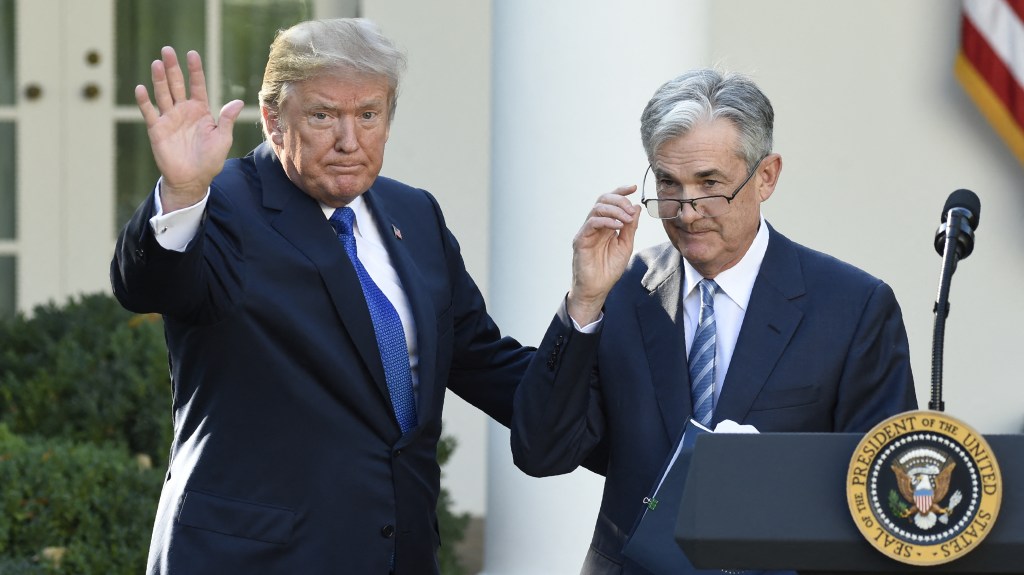One-Third of Hospitality Sector Facing Financial Struggles Due to Tax Increases
Recent industry reports indicate that approximately one-third of pubs, bars, restaurants, and hotels are currently operating at a loss and are at risk of potential closure due to recent tax increases imposed by the government.
A survey conducted in the past month highlighted that 33% of hospitality businesses are struggling financially, following a significant burden of £3.4 billion in new costs that took effect in April. This reflects an 11 percentage-point increase, marking the sharpest quarterly rise observed in recent times.
The findings, which underscore the escalating pressures faced by the hospitality sector, were gathered by various industry organizations including UKHospitality, the British Beer & Pub Association, the British Institute of Innkeeping, and Hospitality Ulster.
The hospitality industry has been adversely affected by a rise in employer national insurance contributions (NICs), which saw an increase from 13.8% to 15%, along with alterations to business rates. Moreover, the threshold for employer NICs was reduced from £9,100 to £5,000.
According to the survey, 60% of operators have already had to make workforce cuts, and nearly two-thirds have reduced employee hours. Additionally, over half of the businesses have had to cancel investment opportunities, and 76% of them have raised prices to remain viable.
While the government’s recent NIC increase is projected to generate over £25 billion for the Treasury, operators assert that this move jeopardizes the future of a vital sector that sustains approximately 940,000 jobs and contributes £26.2 billion to the UK economy annually.
Trade organizations expressed their concerns in a joint statement, declaring, “The government’s recent cost increases for the hospitality industry may hinder its own economic targets.”
They further emphasized, “The hospitality sector plays a critical role in the UK economy but is currently under siege from persistent cost escalations, worsened by the April changes. This is leading to job losses, endangered livelihoods, and communities facing the potential loss of valuable resources, while consumers grapple with rising prices at a financially strained time.”
The associations are advocating for a reversal of the NIC adjustments, expedited business rates reform, and a VAT reduction specifically for the hospitality sector.
“A reduction in the overall tax burden on our industry is essential, including the long-standing request for a VAT cut, to enable the hospitality sector to return to growth and enhance local community investment and job creation,” they stated.
Prominent industry leaders recently contacted Rachel Reeves to express that the NIC changes are especially burdensome for lower-income earners and could render some minimum wage positions unsustainable.
Tim Martin, chairman of the JD Wetherspoon pub chain, has consistently spoken against the increased taxation on the sector. His company has seen a £60 million hike in labor costs attributed to rising employers’ NICs and the minimum wage.
A spokesman for the Treasury responded, stating, “We are a pro-business government that acknowledges the crucial role the hospitality sector holds within local communities and the broader economy. That’s why we are providing support through business rates relief, decreasing duties on draught beer, capping corporation tax, and protecting smaller businesses from the NIC hike, which helps fund the NHS.”




Post Comment